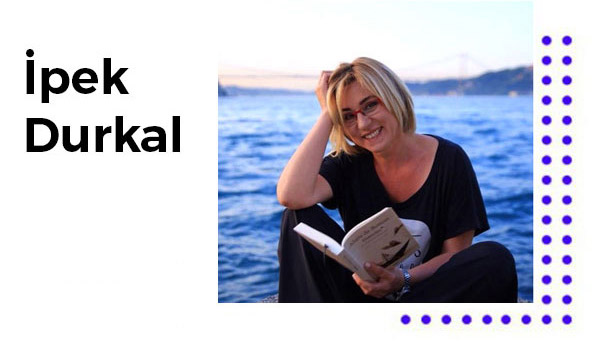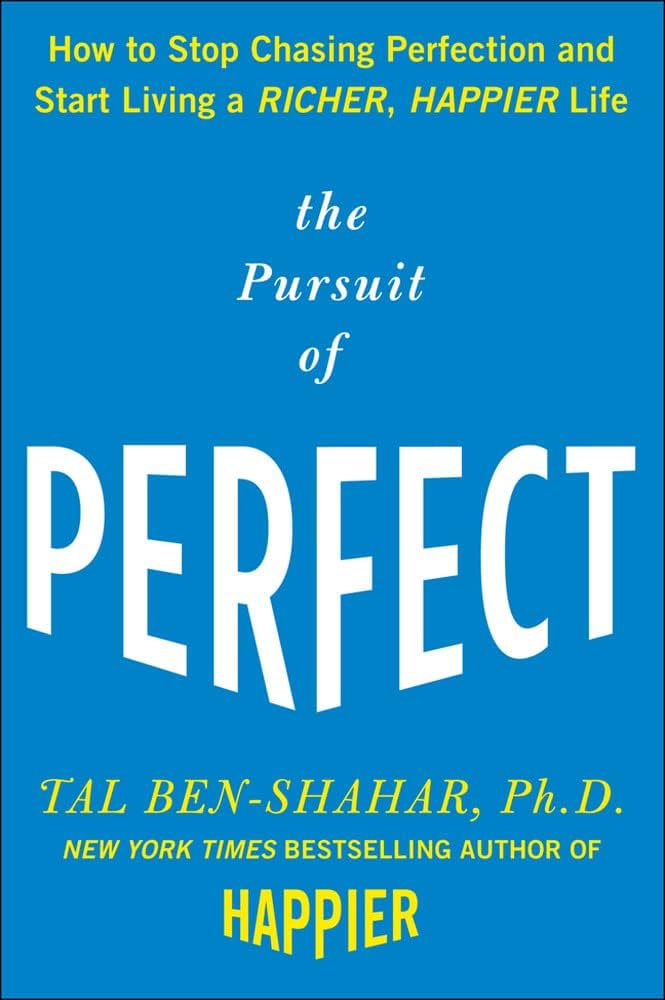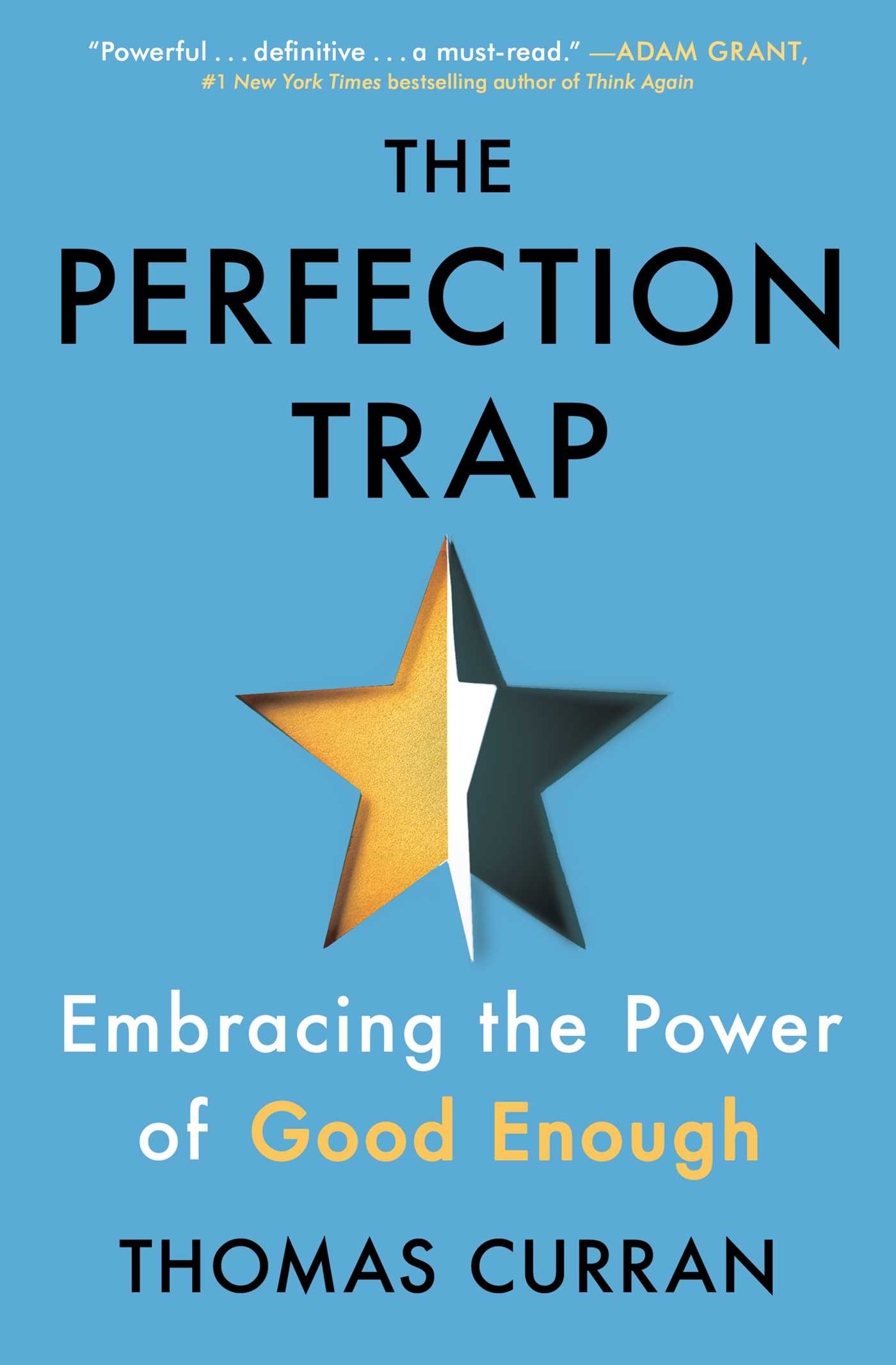
I’m not very fond of self-help books, but I truly enjoy reading psychology-based books that contribute to personal development. They help me understand my own mood, the moods of the people around me, and even the emotional climate of society. In Türkiye, masters like Engin Gectan and Dogan Cuceloglu aside, among foreign authors Irvin D. Yalom, Alice Miller, and Susan Forward are my favorites. (Susan Forward’s Toxic Parents is one of the best books describing toxic family structures.) Noticing Tunc Tataker’s short, memorable, easy-to-grasp sentences on social media, I broke my rule of not reading self-help books when I saw his book “Farkindalik Cehennemdir” (Awareness is Hell) on the shelf. After all, the agenda in this country is overwhelming, there are thousands of problems at work and home, minds are overloaded, focus is zero… I can’t concentrate on anything these days. I needed something easy to read; I found it.
A graduate of Dokuz Eylul University’s Psychological Counseling department, Tataker emphasizes in his book Farkindalik Cehennemdir that being “aware” of the truths, while questioning the family structure he calls “sacred,” people’s relationship dynamics, and societal norms, is not easy at all and can even make a person experience hell while living. However, he also highlights that if we do become aware, we can develop and change ourselves, and that this is only possible by truly knowing ourselves. For example, he says: “With every flaw a person doesn’t repair, every stupidity they don’t learn from, every weakness they don’t strengthen, and every self-deception that rejects reality, they pave the stones of the road that leads to disappointment one by one. Later, they either learn or keep looking for someone to blame.”
The language of this self-help book, which includes a touch of psychology, is simple. There isn’t much new or deep inside. However, it offers plenty of options for those who want something easy to read, something that triggers feelings a bit while reading, and for those who want to quote underlined phrases on social media.
SOCIAL DECAY TURNED INTO A BOOK
In a street interview that went viral on social media, when the reporter asked, “How is the economy, can you make ends meet?”, the academic-sociologist Zeliha Burtek introduced the concept of “social decay” into our lives with her answer: “We have a bigger problem, and that is social decay.”
The interview-based book featuring Burtek has now been published. Written by Gulsen Iseri and structured as a Q&A with Burtek, the book is, as you might guess, titled Social Decay.
Instead of technical matters such as analysis, data, and research findings, Burtek’s observations and thoughts are highlighted. The book can be seen as the extended and more satisfying version of that social-media interview, covering how decay manifests across many areas- from education to language, art to politics, family relations to romantic relationships, and from everyday intolerance to violence.
One of the most striking themes for me is the idea that individuals have “lost their sense of shame.” In an age of brazenness where almost every day we say, “It can’t get any worse,” only to witness something even more outrageous the next day, Iseri asks Burtek about the disappearance of boundaries such as shame or privacy. As Burtek explains that what we call social culture is built precisely upon brazenness, she also describes how violence becomes normalized and internalized.
While the book contains many thought-provoking topics, I underlined these lines that offer lessons and even confrontations on a personal level: “Society is like a coat that fits too big on everybody hanging on the rack. Why? Because we are liars. What lies are we telling? Whatever we believe, whatever we want… we are liars because we go in the opposite direction of the path that should be taken. Someone who talks about the environment throws trash on the street, someone who speaks about the state of women’s rights becomes a representative of a patriarchal family life, people who defend street animals use them to gain rights, and so on. We are a society of liars. All of us!”




